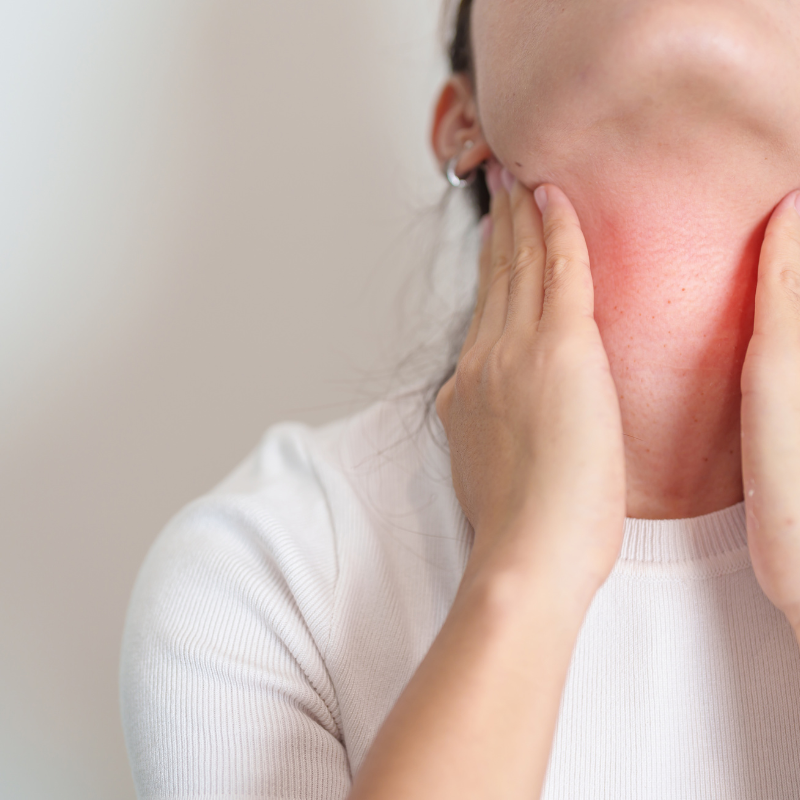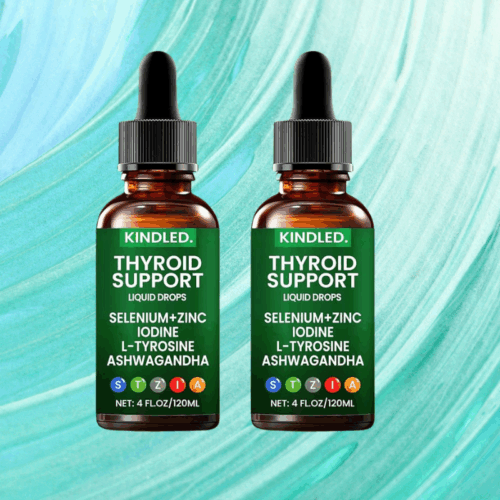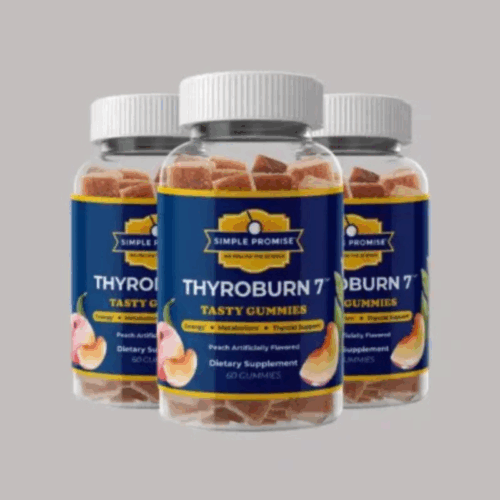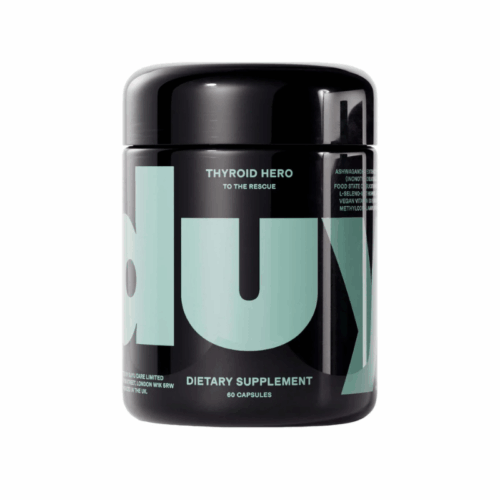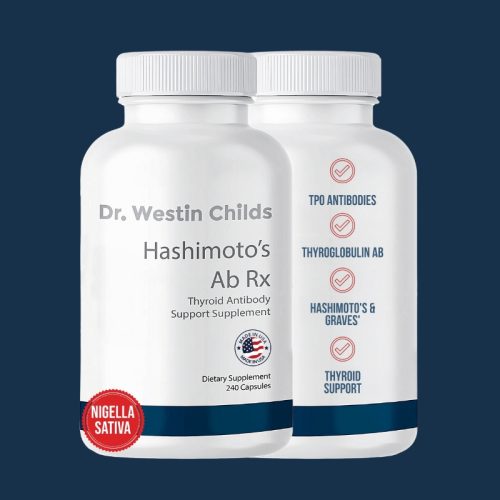Revitalize your health with our Natural Desiccated Thyroid (NDT), a premium thyroid hormone replacement derived from desiccated pig thyroid glands. Unlike synthetic options, NDT contains both T4 and T3 in a natural ratio, providing a holistic solution for those struggling with hypothyroidism. Each tablet is designed to enhance energy levels, improve metabolism, and alleviate common symptoms like fatigue and cold intolerance. Perfect for individuals who find traditional therapies ineffective, NDT offers a safe, well-tolerated alternative. Choose NDT for a balanced approach to thyroid health and experience the difference in your well-being today!
Description
Hypothyroidism, or underactive thyroid function, is one of the most common endocrine disorders worldwide. It occurs when the thyroid gland fails to produce enough thyroid hormones, primarily thyroxine (T4) and triiodothyronine (T3). These hormones are essential for metabolism, energy, cardiovascular function, mood regulation, and overall growth and repair.
For decades, the standard treatment for hypothyroidism has been levothyroxine (synthetic T4), most commonly known by the brand name Synthroid. However, many patients continue to report persistent symptoms even when their lab tests appear normal on levothyroxine therapy. This dissatisfaction has fueled interest in Natural Desiccated Thyroid (NDT), also called Desiccated Thyroid Extract (DTE).
NDT is a thyroid hormone replacement derived from the dried thyroid glands of pigs. Unlike levothyroxine, which provides only T4, NDT provides a combination of T4, T3, and trace amounts of other thyroid hormones. Advocates argue that this more closely mirrors human physiology. Critics point to variability, dosing challenges, and limited large-scale studies.
This research blog explores NDT comprehensively: its history, science, effectiveness, risks, and its place in modern thyroid care.
The Thyroid Gland and Its Hormones
To understand NDT, it’s important to first understand how the thyroid works.
- T4 (Thyroxine): The storage form of thyroid hormone. It is inactive until converted into T3.
- T3 (Triiodothyronine): The active hormone that enters cells and regulates metabolism. Though less abundant, T3 is more potent.
- TSH (Thyroid Stimulating Hormone): Produced by the pituitary gland to stimulate the thyroid to release T4 and T3.
In healthy physiology, most thyroid hormone secreted is T4. The body then converts T4 into T3 in peripheral tissues like the liver and gut. However, not everyone converts T4 efficiently, and this may explain why some patients feel poorly on levothyroxine alone.
What Is Natural Desiccated Thyroid?
NDT is a thyroid hormone replacement therapy derived from the dried thyroid glands of pigs (porcine thyroid). The glands are processed, dried, and ground into a fine powder that is standardized for hormone content.
Key Features:
- Hormone Content: NDT contains both T4 and T3, in approximately a 4:1 ratio. It may also contain small amounts of T2, T1, and calcitonin.
- Origin: Derived from animal sources (porcine).
- Formulation: Typically available in tablets, with common strengths like 15 mg, 30 mg, 60 mg, and 90 mg. A 60 mg dose is often referred to as “one grain.”
- Brands: Armour Thyroid, Nature-Throid, NP Thyroid, WP Thyroid, and others.
Historical Background
Before the advent of synthetic thyroid medications, desiccated thyroid extract was the primary treatment for hypothyroidism. It was first introduced in the late 1800s and used widely through the mid-20th century. Patients often experienced significant improvement.
By the 1960s and 70s, levothyroxine (synthetic T4) became the standard due to its stability, ease of dosing, and more consistent production. NDT lost popularity in mainstream medicine, but it never disappeared. In recent years, growing dissatisfaction with levothyroxine has revived interest in NDT, especially among integrative and naturopathic physicians.
Why Some Patients Seek Alternatives to Levothyroxine
Although levothyroxine is effective for many, up to 15% of patients report lingering symptoms such as fatigue, brain fog, weight gain, depression, and hair loss despite “normal” TSH levels.
Possible reasons include:
- Inefficient T4 to T3 Conversion – Some individuals may not convert enough T4 into T3, resulting in insufficient active hormone.
- Genetic Variations – Polymorphisms in the deiodinase enzyme genes may reduce conversion efficiency.
- Gut and Liver Health – Since conversion largely occurs in these organs, poor function may impair T3 production.
- Individual Sensitivity – Some patients experience improved symptoms with direct T3 supplementation.
NDT offers both T4 and T3, potentially addressing these issues.
Scientific Evidence on NDT
Clinical Trials
- 2013 Randomized Double-Blind Crossover Trial (Hoang et al.)
- Compared NDT with levothyroxine in 70 hypothyroid patients.
- Findings: About half the patients preferred NDT, reporting better symptom control and modest weight loss. Both treatments normalized thyroid lab tests.
- Conclusion: NDT was safe and effective, with a significant subset preferring it.
- Other Studies
- Case series and observational studies suggest many patients feel more energetic and mentally clear on NDT compared to levothyroxine.
- However, large long-term randomized trials are lacking.
Patient Preference Surveys
Surveys consistently show that patients dissatisfied with levothyroxine often report greater satisfaction with NDT or combination therapy (T4 + T3).
Benefits of NDT
- Physiological Balance: Provides both T4 and T3, closer to natural thyroid output.
- Symptom Relief: Many patients report an improvement in mood, energy, and cognition.
- Weight Management: Some evidence of modest weight loss compared to levothyroxine.
- Patient Preference: A significant proportion prefer NDT to synthetic therapy.
- Trace Compounds: Contains T2, T1, and calcitonin, which may have unknown but potentially beneficial effects.
Risks and Concerns
- Variability in Hormone Content: Although modern manufacturing is standardized, earlier criticisms involved inconsistent dosing.
- Risk of Overmedication: Because NDT contains T3, levels can fluctuate, leading to symptoms of hyperthyroidism (palpitations, anxiety, insomnia).
- Lack of Large-Scale Studies: While small trials are promising, long-term safety data is limited compared to levothyroxine.
- Not Suitable for All: Patients with heart disease, elderly individuals, or those sensitive to T3 may face risks.
- Animal Source: Unsuitable for vegetarians, vegans, or those with religious restrictions.
Monitoring and Dosing
Patients taking NDT should be closely monitored through both laboratory tests and clinical evaluations.
Typical Monitoring Includes:
- TSH (Thyroid Stimulating Hormone)
- Free T4
- Free T3
- Symptoms (energy, mood, weight, cardiovascular function)
Dosing Considerations:
- 1 grain (60 mg) NDT ≈ 38 mcg T4 + 9 mcg T3.
- Dose is individualized; many patients require between 1–3 grains daily.
- Taken on an empty stomach for optimal absorption.
The Gut-Thyroid Connection
Gut health plays a critical role in thyroid function. The microbiome, nutrient absorption, and gut inflammation all impact thyroid hormone production and conversion.
- Key Nutrients: Selenium, iodine, zinc, and iron are critical for thyroid hormone synthesis and conversion.
- Absorption Issues: Celiac disease, IBS, and gut dysbiosis can impair thyroid medication absorption.
- Lifestyle Factors: Stress, poor diet, and environmental toxins can worsen thyroid function.
Integrating gut health strategies with thyroid therapy may improve outcomes.
Lifestyle and Complementary Approaches
- Nutrition – Balanced diet rich in selenium (Brazil nuts), zinc (pumpkin seeds), iodine (seaweed), and iron (lean meats).
- Stress Management – Chronic stress elevates cortisol, which can interfere with thyroid function.
- Exercise – Regular activity helps metabolism and energy regulation.
- Sleep Hygiene – Adequate sleep is critical for endocrine balance.
- Avoid Interference – Iron, calcium, and certain medications should not be taken in close proximity to thyroid hormone.
Who Might Benefit from NDT?
- Patients still symptomatic on levothyroxine despite normal labs.
- Individuals with poor T4 to T3 conversion.
- Patients open to animal-derived products and willing to be closely monitored.
- Those seeking a therapy closer to natural physiology.
Who Should Avoid or Be Cautious?
- Elderly patients or those with cardiovascular disease.
- Pregnant women (levothyroxine is usually preferred for pregnancy).
- Patients who must avoid animal-derived products.
- Those unable to maintain regular monitoring.
FAQs About NDT
1. Is NDT FDA-approved?
Yes, NDT is regulated as a prescription medication in the U.S., though some compounded versions are not.
2. How does NDT differ from Synthroid?
NDT contains both T4 and T3, while Synthroid contains only synthetic T4.
3. Is NDT safe?
When prescribed and monitored properly, it is generally safe. Risks include overmedication and T3-related side effects.
4. Will NDT help with weight loss?
Some studies show modest weight loss, but results vary and it should not be used solely for weight management.
5. Can NDT be taken with other medications?
Yes, but it may interact with iron, calcium, and certain drugs. Take at least 4 hours apart from interfering substances.
6. How soon will I feel better on NDT?
Some patients report improvement within weeks; others may take months to find the right dose.
7. Can NDT be used long-term?
Yes, with regular monitoring of labs and symptoms.
8. Does insurance cover NDT?
Some insurance plans cover it, but not all. Coverage varies by brand and region.
9. Are compounded thyroid extracts the same as NDT?
Not exactly. Compounded products are custom-made and may lack the consistency of standardized NDT brands.
10. Should I switch from levothyroxine to NDT?
That decision should be made with your doctor after reviewing your symptoms, labs, and medical history.
Conclusion
Natural Desiccated Thyroid (NDT) represents an alternative to conventional levothyroxine therapy for hypothyroidism. By delivering both T4 and T3, it may offer symptom relief for individuals who continue to struggle on synthetic T4 alone. Evidence from randomized trials and patient surveys shows that many prefer NDT, reporting better energy, mood, and overall wellbeing.
However, NDT is not without challenges—dosing precision, risk of hyperthyroidism, and limited large-scale studies mean it remains a debated option. Ultimately, thyroid treatment should be individualized. For some, levothyroxine works perfectly. For others, NDT may provide the missing piece.
Patients interested in NDT should work closely with a knowledgeable healthcare provider, undergo regular monitoring, and combine therapy with lifestyle and nutritional strategies. When used responsibly, NDT can be a safe, effective, and patient-preferred option in modern thyroid care.
